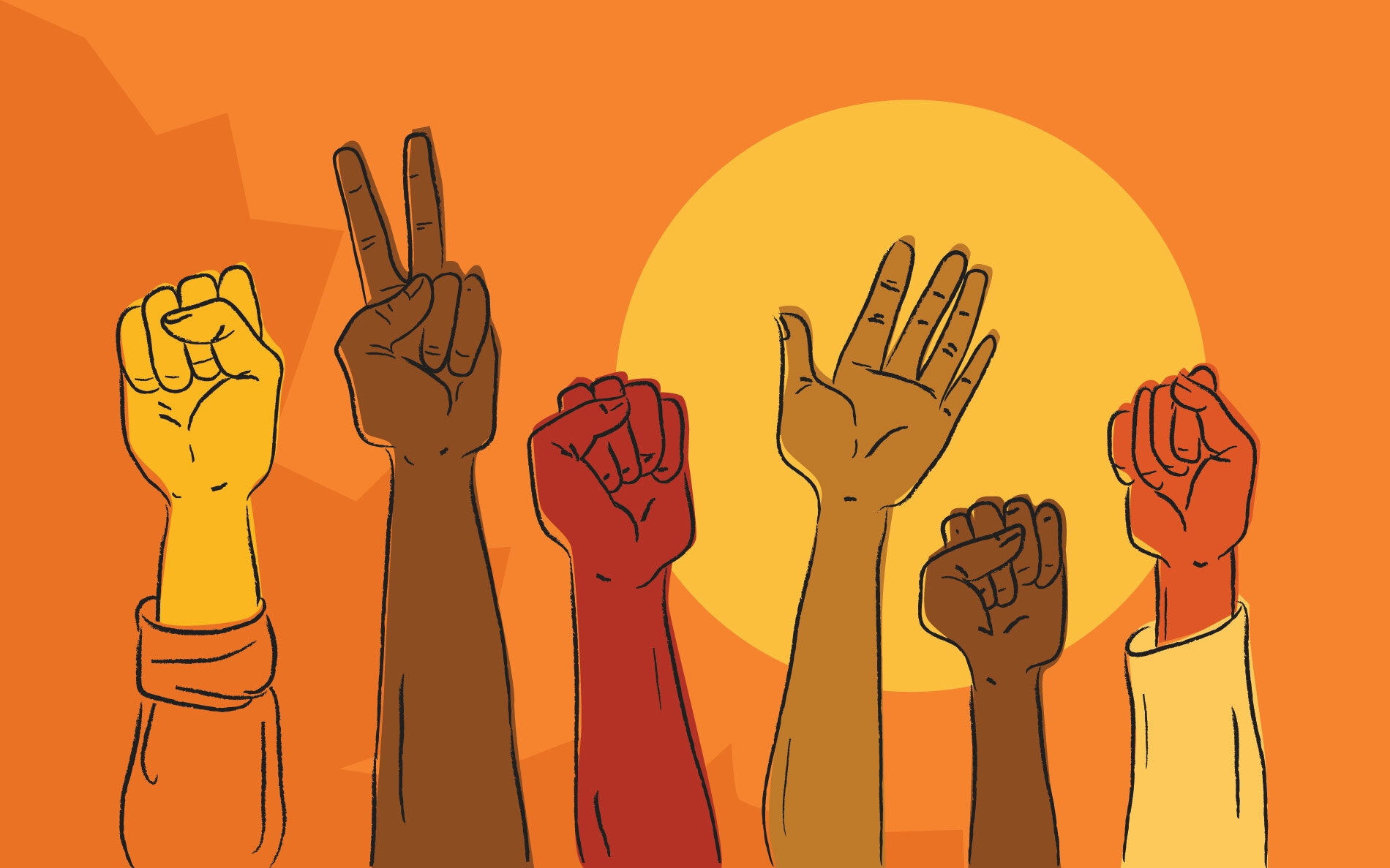
Mission & History
VISION
There is no such thing as unskilled work.
All workers should be paid a living wage.
All work has dignity.
Equity can only be achieved through access, opportunity, and fairness.
MISSION
EQUITY = ACCESS. OPPORTUNITY. FAIRNESS.
The Workplace Justice Project works on behalf of workers who earn low wages. Our work is rooted in improving economic outcomes through education, direct representation, and policy work which promote access to systems of redress, build economic opportunity, and increase fairness and equity.
Our History
The Workplace Justice Project was founded in late 2005 post-Hurricane Katrina to meet the legal services needs of mostly immigrant low-wage workers who had experienced wage theft and other workplace violations while helping to rebuild the City of New Orleans. The Workplace Justice Project (WJP) began as a section of the Stuart H. Smith Law Clinic and Center for Social Justice, at the Loyola College of Law, and first worked in collaboration with Catholic Charities Archdiocese of New Orleans – Hispanic Apostolate Community Services, and the New Orleans Pro Bono Project, to create a weekly clinic on Thursday evenings. The Wage Claim Clinic (WCC) was the first point of entry for workers until 2016 when WJP transitioned its intake model to meet the growing demand for our services and to accommodate the varying schedules of our clients. After nearly 20 years, in 2025, the WJP left Loyola, to build and establish itself as a stand-alone worker resource center, led by Co-Directors, Erika Zucker and Andrea M. Agee.
Nearly twenty years after WJP’s post-Katrina genesis, Louisiana’s low-wage workers remain caught in a “trifecta of vulnerability.” Louisiana still has no state minimum wage. All workers are subject to “at will” employment. Louisiana’s status as a “right to work” state – a growing national trend – poses a bar to meaningful worker organizing. Most traumatic for workers: millions of dollars of earned wages remain unpaid. Because Louisiana lacks any administrative structures to assist workers in recovering unpaid wages, the U.S. Department of Labor remains the only available agency for this purpose, but it is unable to tackle most of the claims workers present. The WJP notes that workers are deprived of wages through a variety of tactics ranging from misclassification of employees as independent contractors, fraud in the inducement, paying with NSF checks, to threats based on national origin, ethnicity or economic status, to intimidate and discourage workers from enforcing their rights. Each tactic has the same result – leaving workers already on the financial edge without the wages they need to survive.
In response, the WJP has built a “trifecta to build strength” – recognizing that the solution comes most effectively through a three-pronged approach: education, litigation, advocacy.
Litigation: Resources for low-wage workers in Louisiana are extremely limited. Legal Services are often barred from accepting wage claims and cannot represent many immigrant workers. Most employment lawyers in private practice do not take small wage claims or cases with “low” judgment value. The WJP responds to this unmet need, as well as to emerging and challenging legal issues facing these workers, by litigating in state and federal courts. Even so, particular concerns remain as to the ability to access the courts by vulnerable populations and those with limited English proficiency.
Education: Education runs through all of the WJP’s work. Educated workers are their own best advocates because they are alerted to the conditions and or power differentials that can make them susceptible to wage theft and workplace abuse and create change in the climate that makes them vulnerable to exploitation. The process of interviews, demand letters, extensive fact and legal reviews of each potential case also educates workers, as well as volunteers and staff. WJP workshops on workplace issues and existing rights educate workers, law students, lawyers, and community volunteers.
Advocacy: The WJP forms alliances to enforce existing laws and hold government agencies accountable, while examining the need for changes in the law that will improve the work environment for the most vulnerable workers. Most recently, our advocacy focuses on policy efforts and engagement that builds economic opportunity for working families.
For legal assistance or questions about your rights at work, contact us.


